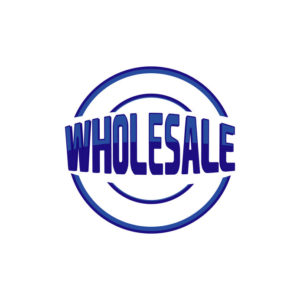Wholesale trade represents a stage of the circulation of goods, during which sale-purchase operations take place, for the purpose of subsequent resale. This type of trade involves the purchase of goods in large batches and their sale in smaller batches to the retail trade and, in some cases, to units that buy different products for further processing.
Basically, the wholesaler stays between the producer and the end-user, and that was always its position. The wholesale activity does not end the economic circuit of the goods, but only mediates the connection between the production and the retail; the goods are therefore not sold by wholesalers directly to the consumers, the traditional activity of the wholesalers like Creager Mercantile being that of intermediaries between the producers and the retailers.
Wholesaling developed mostly after the industrial revolution. It was in full swing in the eighteenth century (known for the advent of mass production and the development of efficient mass marketing techniques) which made wholesaling very advantageous by the end of the century, when many marketers achieved unprecedented economies of scale, which allowed them to expand their distribution. Businesses begun to understand the potential of advertising, so brand-name packaged goods emerged and determined the flourishing of wholesaling.
Article Source on: The History Of Wholesaling


No comments:
Post a Comment